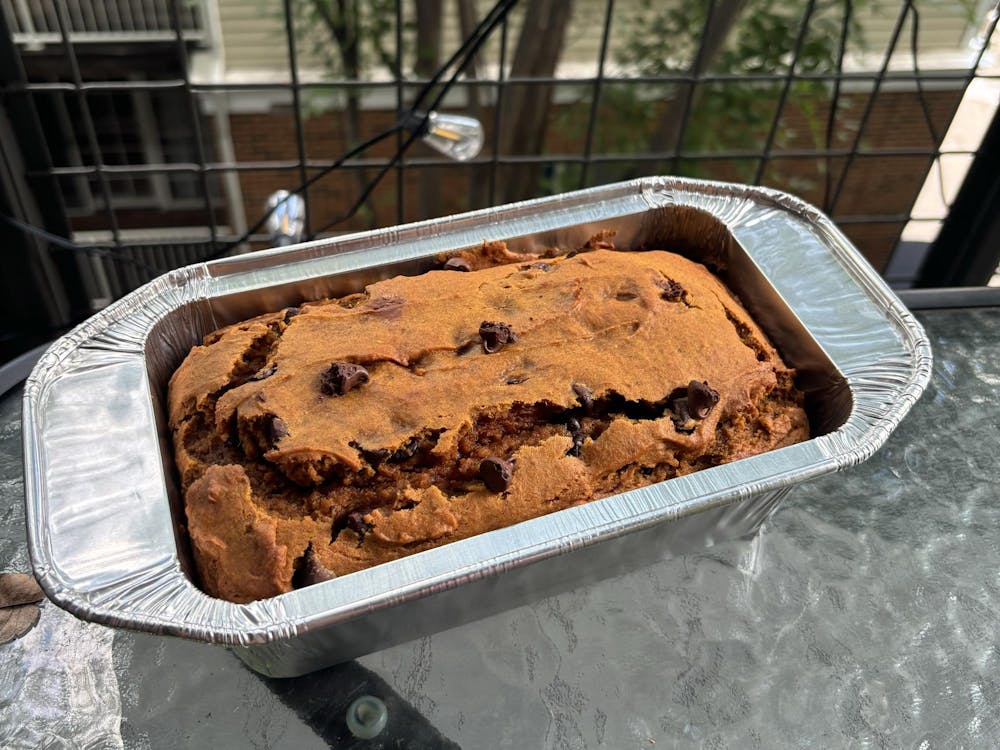Before arriving at the University for the first time this fall, I was “lucky” enough to receive advice from every single person who had already experienced a freshman college year. Though the content of their advice varied, I could follow one common theme: regret.
That’s right. At the end of whatever pep talk I was tricked into hearing, each individual topped his or her comments off by listing the things he or she most regretted thus far. Actions and decisions lamented ranged from the pathetically trivial to the harrowingly remorseful. Either way, I took most to heart and tried my best to prepare myself to pave a regret-free path.
Now, at college, I have one question: how can a first-year possibly experience true regret? Right now, I have maybe three regrets: staying up til 3 a.m. today watching ridiculous YouTube videos with my roommate, eating sushi from the Pav instead of Chick-Fil-A tonight, not being raised in Barcelona and therefore losing any glimmer of hope for my Spanish grade. A sexy accent wouldn’t hurt either.
Bottom-line: most of the decisions someone in my position makes are too inconsequential to warrant any heartfelt regret. In fact, life provides us with opportunities to avenge these regretful actions and better amend our behavior. I can get some extra sleep tonight, I’ll eat Chick-Fil-A next time, and I’ll just have to raise my children in Spain and live vicariously through them and their lady (or gentleman)-killing accents.
Most of our actions’ spans of influence extend not far beyond a 24-hour statute of limitations, and, even better, provide us with a near immediate opportunity to try again.
Though not every decision we make have lasting, long-term impacts, some do. Students sign apartment leases that are legally binding, we take exams and turn in papers that have lasting impacts on GPAs and we make commitments to people, jobs and organizations that we become reputationally bound to.
These less-quotidian yet more weighted facets of our lives are sometimes too much for a newly-christened first-year to handle, leaving us with ample room to screw up.
But let’s say that we do. Let’s say that my relaxing social gathering turned into a 4 a.m. beer fest, and I subsequently failed my midterm the next day. Or perhaps I made the mistake of saying something mean and hurtful to someone about whom I care deeply, harming both my friend and our relationship.
At the surface, when I evaluate my feelings about these decisions, I may say I regret them. You know the feeling: you’re sitting innocently in class when you suddenly recall nights or tests or conversations that you wish went differently. We all have cringe-worthy moments that later turn into bone-shaking, moral-questioning crises. They suck.
But should we “regret” them?
I understand the feeling of regret stems from a wish to reverse time and change what’s been done, to erase your flaws or the damage caused. It’s natural. But in reality, it wouldn’t help. We need those moments to better help guide our lives in the present day. Sure, maybe you wish you didn’t bomb your midterm, but you’d much rather understand that you can’t get hammered the night before a Calc test in October, learn your lesson, and later on crush the final.
Our brains, and our culture, are full of regret. But this isn’t necessarily negative. We can learn from that which we regret, and maybe see a day when we view regretful actions in a positive light. Like foam parties. I think every first-year should regret foam parties. Never again.
Aidan’s column runs biweekly Fridays. He can be reached at a.cochrane@cavalierdaily.com.




